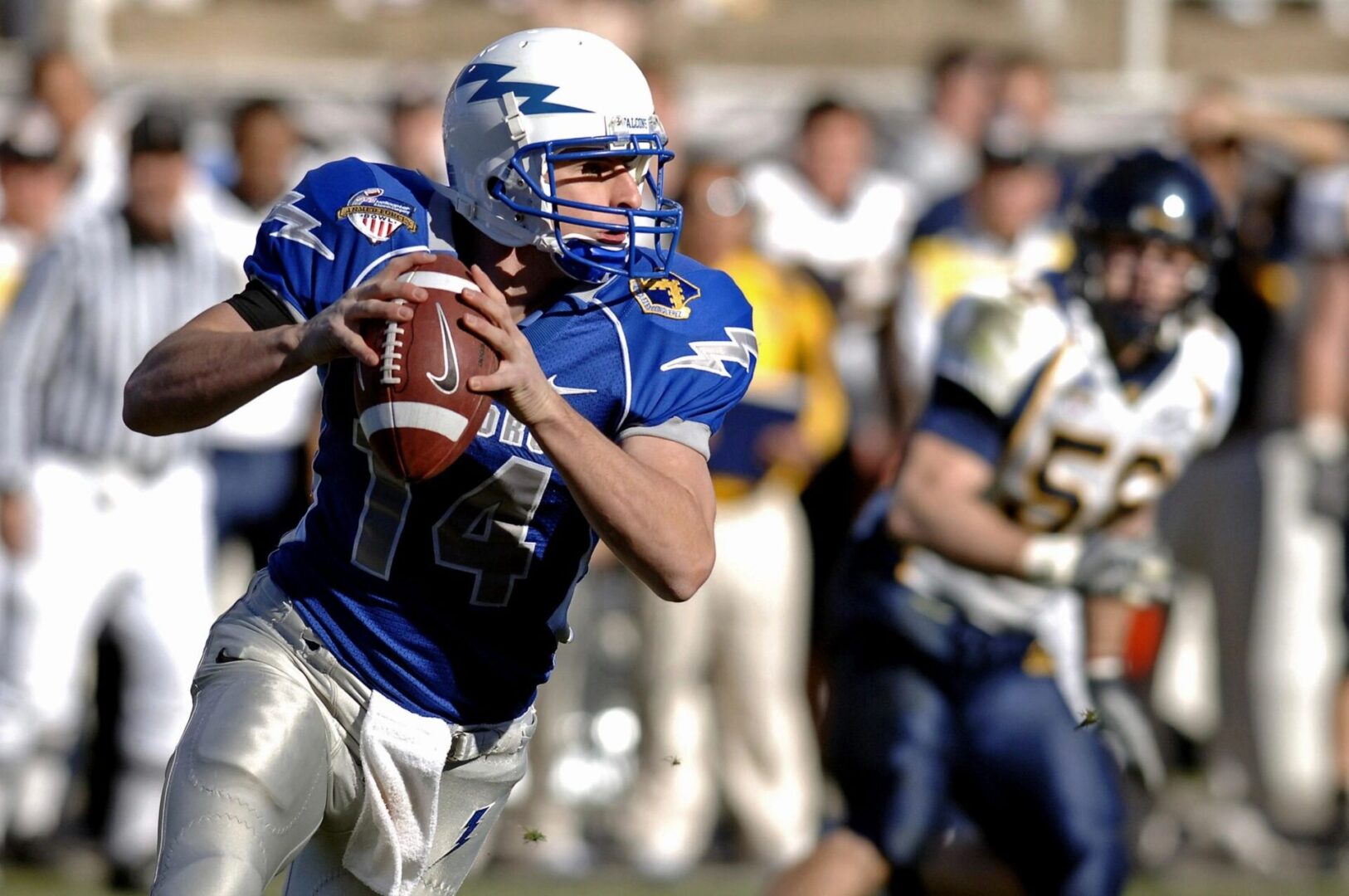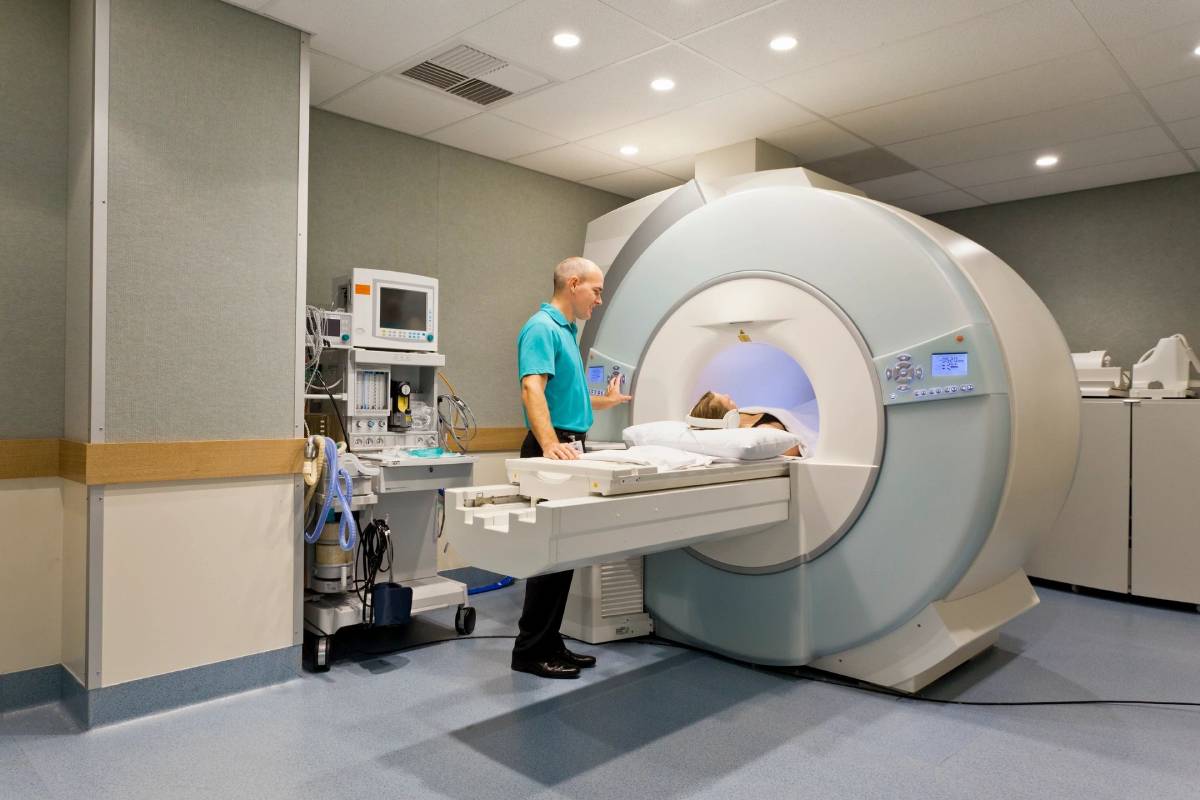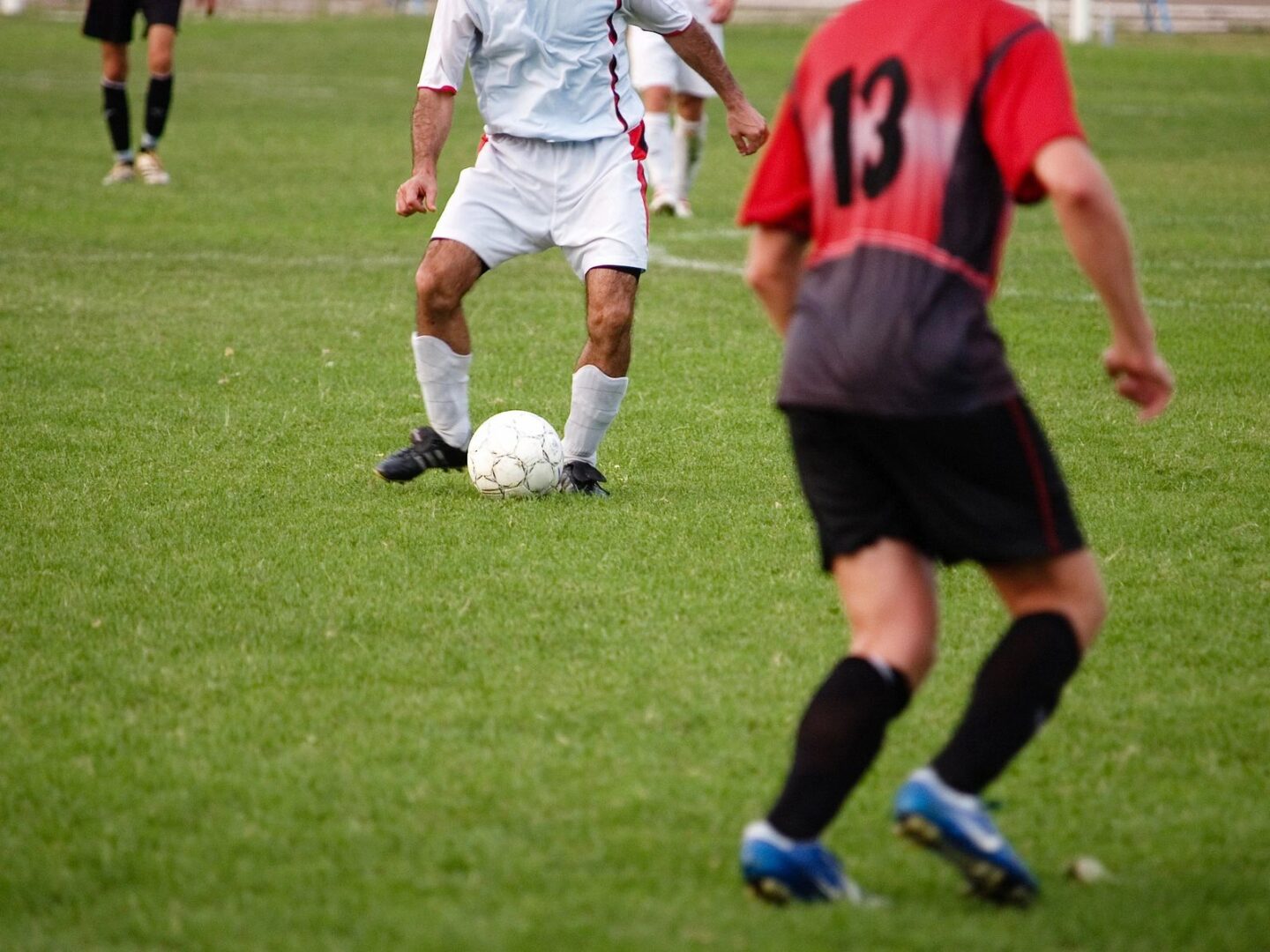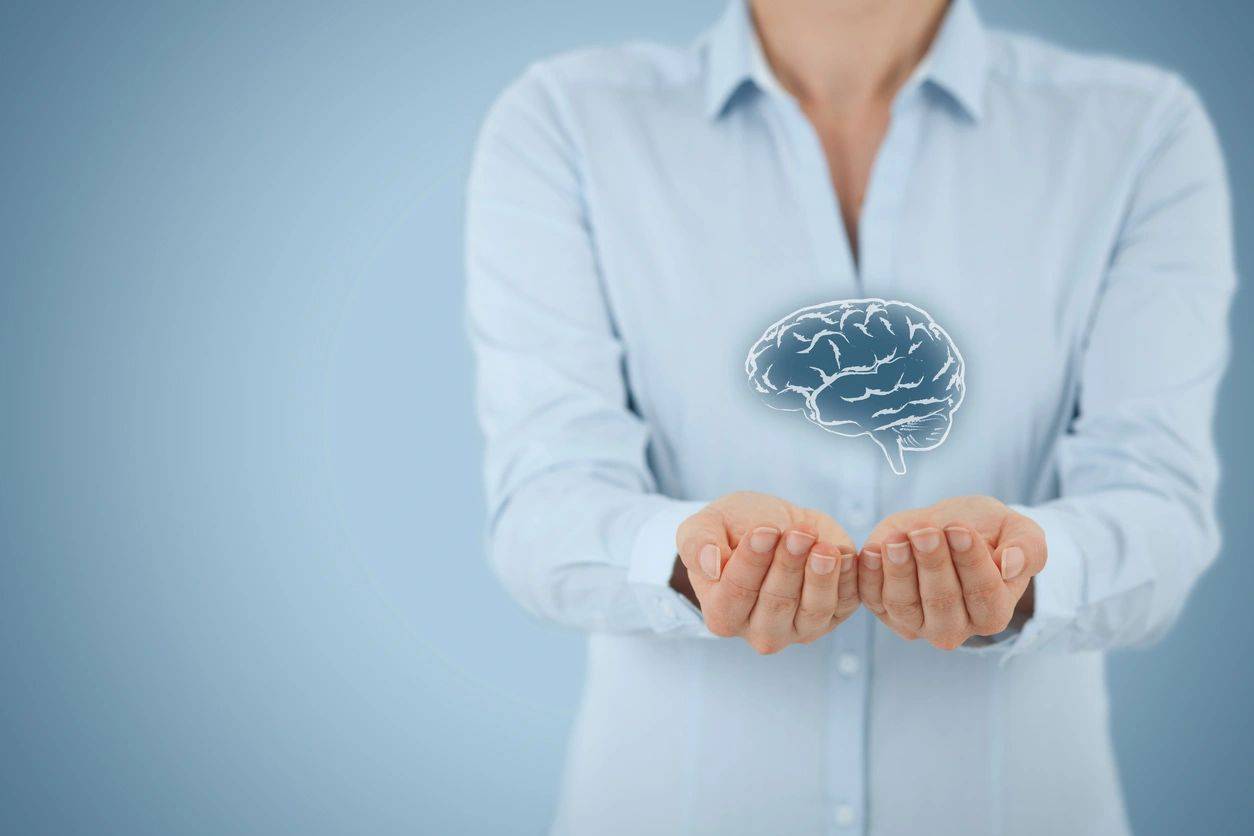What is a concussion?
A concussion, is a type of traumatic brain injury, that is caused by a bump, blow, or jolt to either the head or the body that causes the brain to move rapidly inside the skull. A concussion changes how the brain normally functions.
An estimated 1.6-3.8 million sports- and recreation-related concussions occur in the United States each year.

Signs and Symptoms of Concussion
Signs and symptoms of concussion include headache, nausea, fatigue, confusion or memory problems, sleep disturbances, or mood changes; symptoms are typically noticed right after the injury, but some might not be recognized until days or weeks later.

How Can Neurofeedback Help With Concussion/TBI
Even a mild concussion/TBI can result in debilitating ‘post-concussion syndrome’ symptoms including depression, ADHD-like symptoms, headaches, anxiety, fatigue, irritability, temper outbursts and aggression, memory problems, sleep disorders and sexual dysfunction, depending on which part of the brain was damaged. Neurofeedback cannot repair physical damage to the brain’s physical structure, but it can use neuroplasticity to exercise and develop new neural pathways and restore brain function. A great benefit of Neurofeedback is that it tackles a wide variety of symptoms and leads to an overall improvement in quality of life.
Baseline Testing For Athletes
One of the biggest challenges with Concussion is not the diagnosis but the decisions made after. Neurofeedback is not only effective treatment after a concussion, but it can also help capture normal brain activity before a traumatic brain event occurs. By getting an initial qEEG baseline, we are then able to compare changes in your brain post- concussion or head injury.


Preseason Baseline qEEG Brain Mapping
Baseline qEEG brain mapping gives a recording of your child’s brain so if anything happens to them, you can compare their brain after injury with how it was before, and see exactly how it changed.
